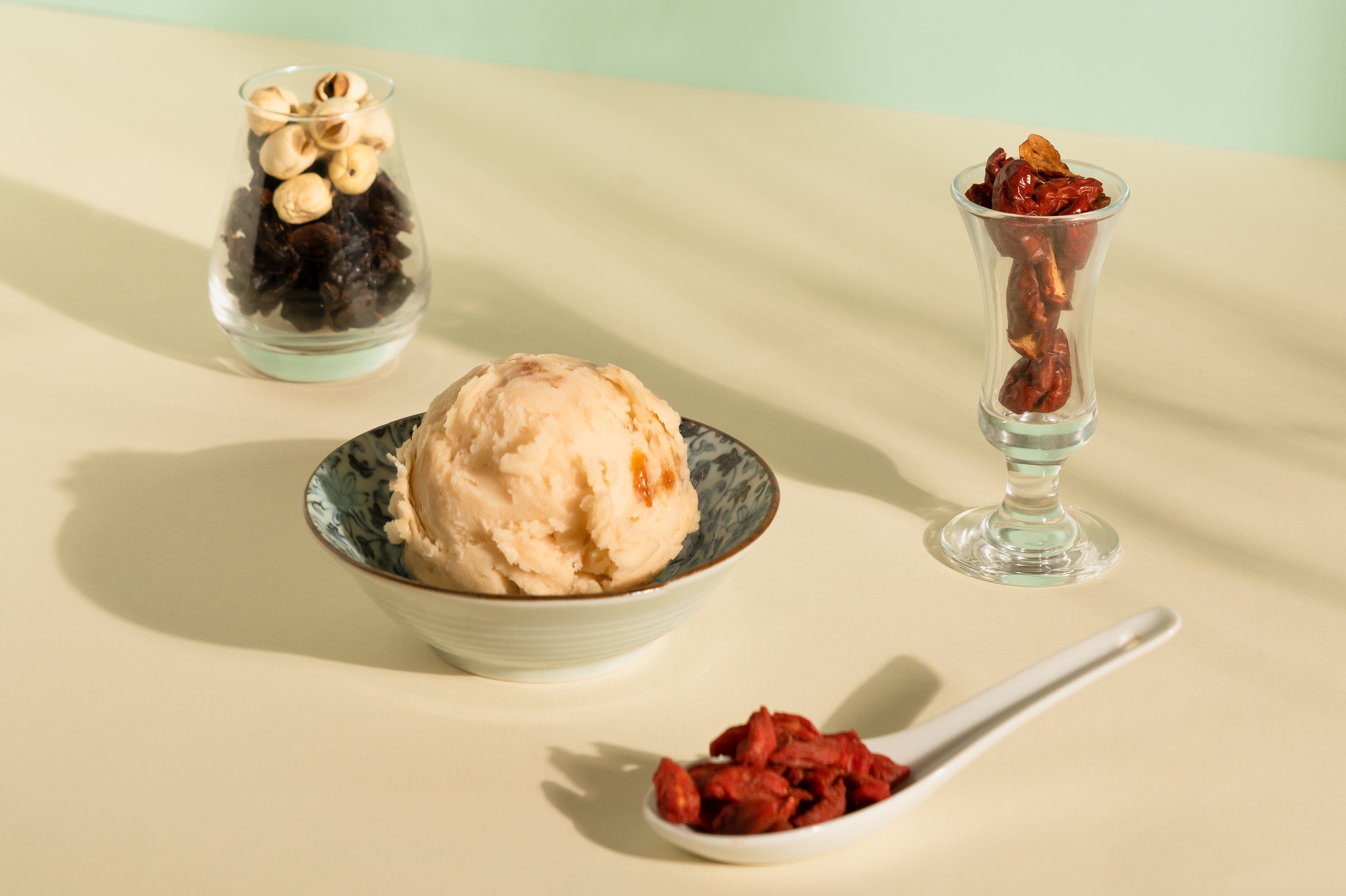These are remedies essential for life in modern Singapore. Best of all, they seem designed for the lazy person: most require nothing more than you dunking the herb in hot water and drinking it.
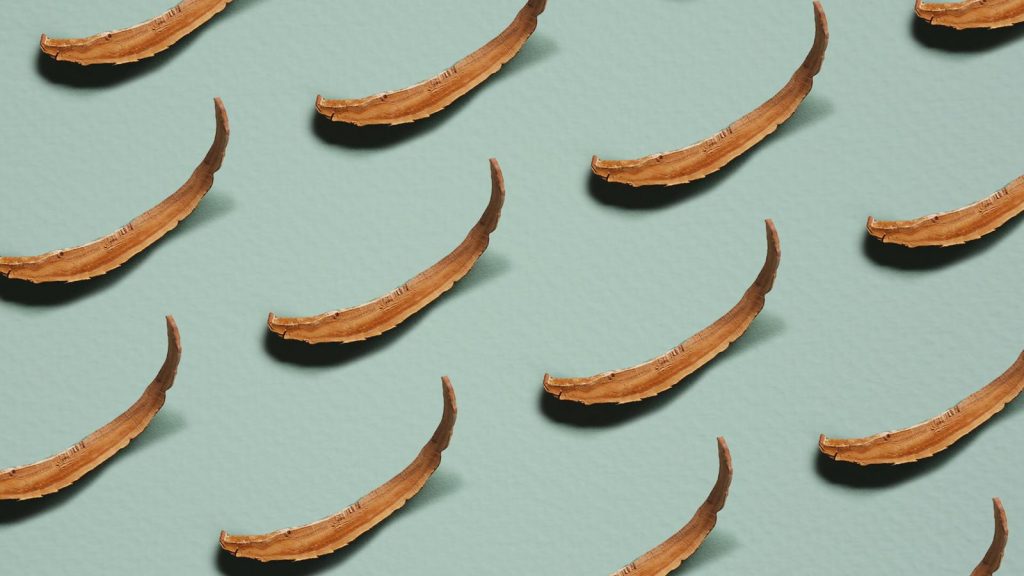
If you feel guilty that your colleagues have to tank your sick leaves, lingzhi might help. Lingzhi, a rare brown mushroom that grows at the base of trees, has been used in medicinal preparations. For example, in the classical pharmacopeia Compendium of Materia Medica written in 1578, lingzhi is described to have positive effects on vitality, memory, and cardiac function.
As one of the most researched herbs, lingzhi’s efficacy has been proven by many scientific papers. One example is a 2011 scientific publication which finds “data that support [lingzhi’s] positive health benefits, including anticancer effects; blood glucose regulation; antioxidant, antibacterial, and antiviral effects; and protection against liver and gastric injury”.
Today, lingzhi is cultivated on hardwood logs, sawdust, or woodchips, all placed within in a controlled environment where it is easier to harvest its spores—the most therapeutic part of the herb. It is generally consumed as a preventive supplement to boost your immune system.
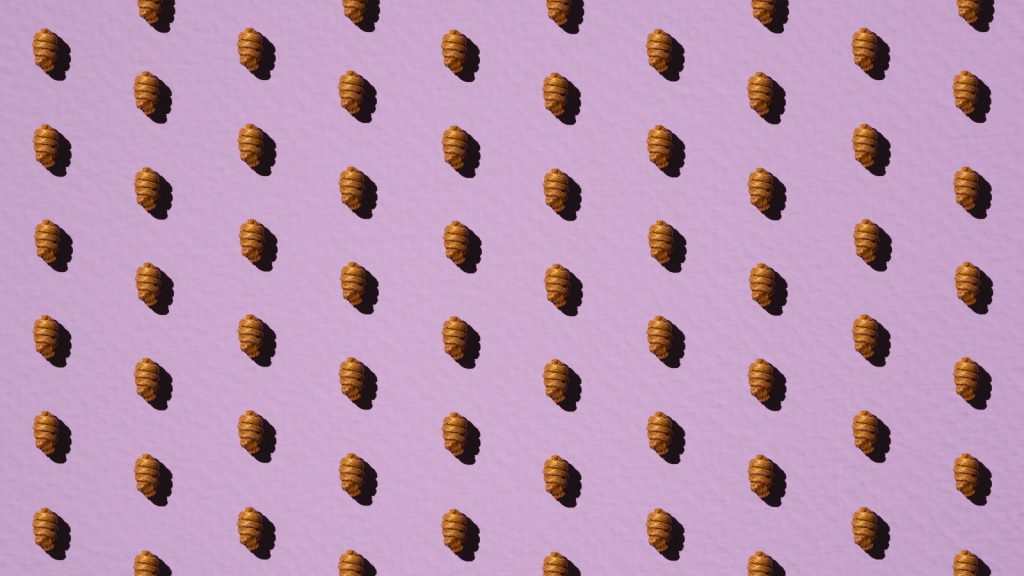
Whatever it is, mala is something you cannot say no to, even though the oily heatiness you feel after eating it makes you think you do not deserve the liberty of making choices.
But there’s a way to stop this mala-induced self-hatred. For a start, it’s better to have it in the afternoon, when our digestive system is more active. This prevents that clogged-up feeling in your rear end.
You can also accompany the requisite pork belly and luncheon meat with ingredients such as tofu, radish, and carrot, all of which are “cooling” ingredients according to TCM principles. A cup of chrysanthemum tea or sour plum tea will pair brilliantly with the spiciness of the meal, and will “clear the heat” as well.
For some heavy-duty healing, send in the dendrobium. It’s an orchid dressed in a delicate yellow colour; it’s the stem, however, that’s used as medicine across India, China, and Japan for over thousands of years to alleviate feverish conditions.
Indeed, scientific papers have found that “clinical research in man does support dendrobine [the active substance in dendrobium] as a weak anti-pyretic and analgesic [i.e. helps lower fevers and numbs pain]. Two medicinal preparations may lower blood sugar and two may lower blood pressure.”
More significantly, dendrobium seems to exhibit anti-ageing effects as well, potentially preventing the onset of age-related ailments.
Just boil it in water and drink it as a tea, or use Eu Yan Sang’s Heat Expulsion formula, which combines dendrobium with other ingredients that will fight the fire mala has ignited in your stomach.
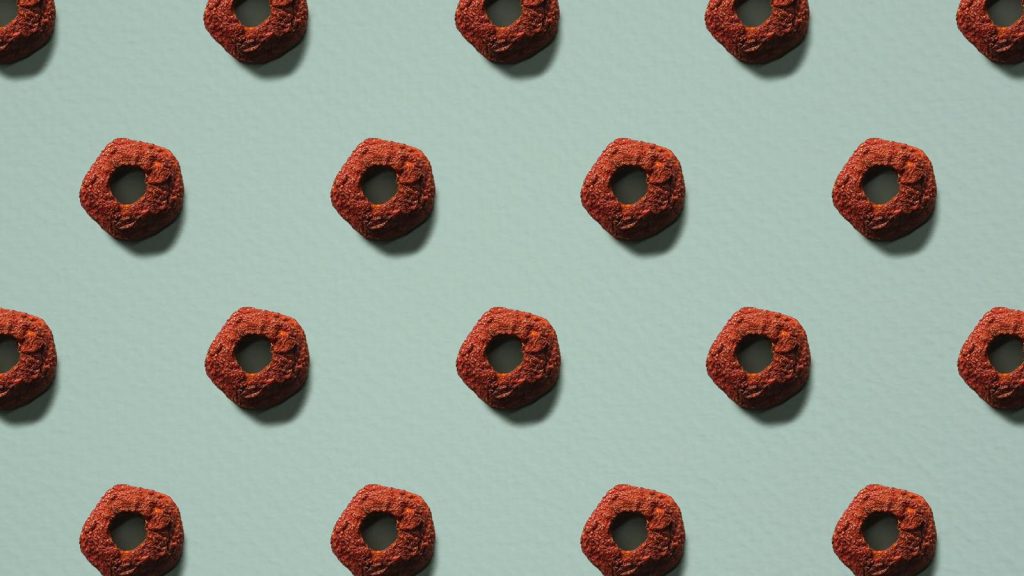
Excessive flatulence, however, is a crime against humanity. It antagonises your cubicle-mate/whole office floor, depending on whether your discharge has the cruising range of a paper plane or an intercontinental ballistic missile.
On a more serious note, excessive farting can be a sign that something has gone wrong with your pipes. Indigestion can cause bloating, belching, and excessive gas to accumulate in your intestines, causing the eruptions that rival the majestic geysers in Iceland.
TCM views these symptoms as a sign that your qi is blocked, and of imbalances in your spleen and stomach. Recommended remedies for your intestinal ailments include the root of white atractylodes (a flowering plant), tangerine peel, and hawthorn berry, all of which make delicious teas.
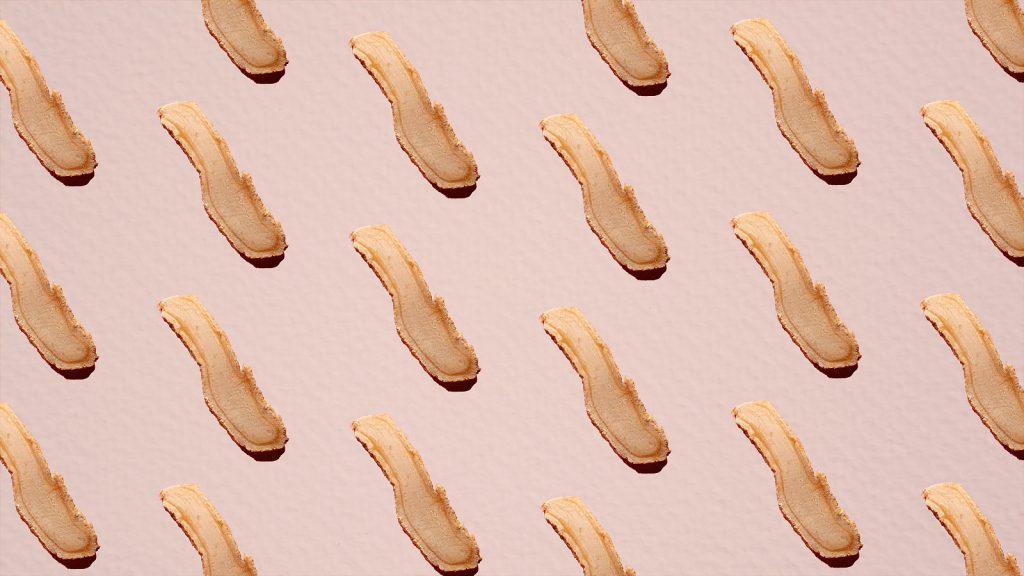
There’s a healthier way to stay awake: American ginseng. Amongst its other health benefits, ginseng can keep your eyelids open so you don’t get fired by your boss. Historically, ginseng has been used by the Chinese as a herb to boost your “qi”, or energy, In modern and scientific terms, that translates to having “positive effects on cognitive performance and mood. These results indicate that P. ginseng may exert its antifatigue effects through mental improvement.”
For a start, try replacing your daily coffee with American ginseng tea, available in a dosage-controlled form so you don’t get the crazy caffeine highs that make you want to run a marathon around your office.
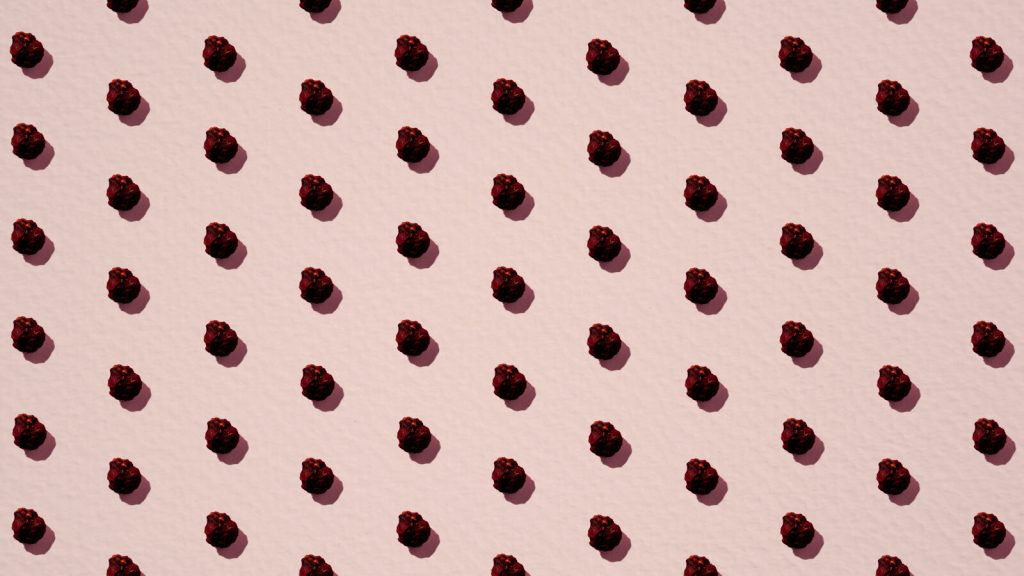
To soothe a frazzled mind, sip on some warm schisandra berry tea in the evening, which has long been used by Asian cultures as a remedy for insomnia and stress.
A what tea? The schisandra berry is also known as magnolia berry or five-flavour-fruit. As its name suggests, the berry contains all five flavours within its tiny red body: salty, sweet, sour, bitter, and pungent. Its complex taste lends itself well beyond simple tea-brewing: you can even make a cocktail with the berry if you need something more, ahem, soporific.
But the effects of the berry alone should be potent enough to calm you down: a study found that components in the berry “produced beneficial sedative and hypnotic bioactivity”, and can even “reverse … insomnia induced by … caffeine”.
Though the study was conducted on mice and further research is being conducted to ascertain its effects on humans, the berry already counts Gwyneth Paltrow and Amanda Chantel Bacon amongst its fans.
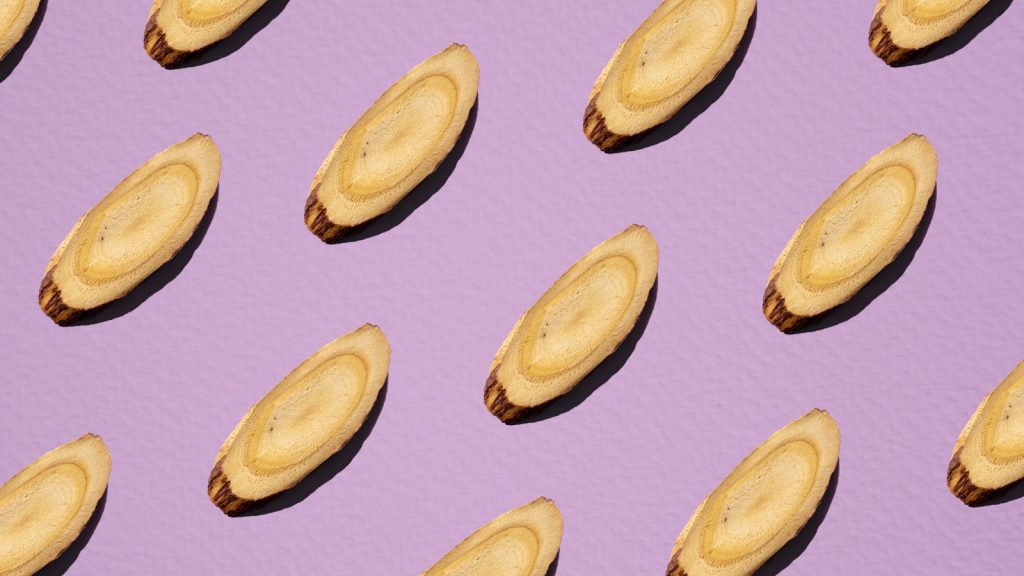
Unfortunately, even in 2020, there is still nothing you can take to cure the aftereffects of binge drinking. Your only cure is to sleep more. There are some food and herbs that can make your symptoms a little less painful, however.
For a start, drink more water to flush out the remaining alcohol in your bloodstream. The juice of pears, watermelon, sugar cane, radish, or celery—seen as “cooling” foods in TCM—can help to banish the heat and dampness caused by alcohol as well.
In addition, the combination of ginseng and liquorice work in combination to expel toxicity from the body, which is, in essence, what a hangover is: your body trying to get rid of toxins. When you drink alcohol, your body converts it to acetaldehyde, a substance toxic to humans and which causes nausea, sweating, and so on.
Just steep a handful of ginseng slices and around 10 pieces of liquorice root in boiling water for 20 minutes. It’ll give you five to six cups of tea, enough for you to wonder if it’ll taste good spiked with some vodka …
(Just so we are clear, clubbing is still prohibited in Phase 2. So save this tip for when Singapore has beaten the coronavirus.)
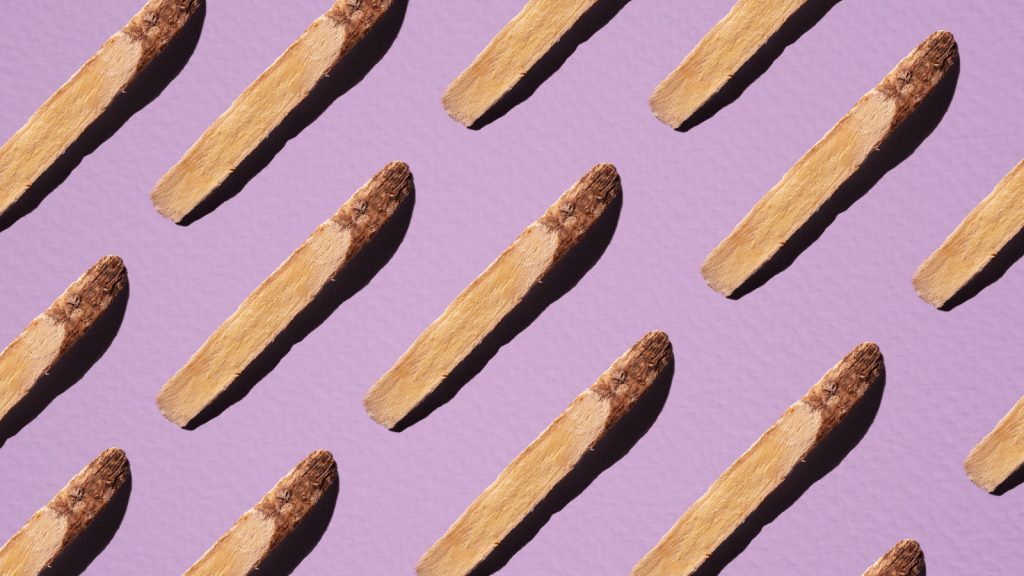
But such physical perfection does not come without a cost. Muscles have to be damaged, literally, before they can grow bigger and stronger. And as with any form of biological damage, there are repercussions.
Devotees of the iron temple refer to post-gym pain as Delayed Onset Muscle Soreness (DOMS). While its causes are as yet unknown—some speculate it is caused by a sudden accumulation of lactic acid, others think it is damage done to muscular fibres—TCM has some remedies to combat that sense of lethargy and soreness.
One of them derives from the root of astragalus membranaceus, a herb more commonly known as Mongolian milkvetch. Since 475 BC, the Chinese have valued it for its qi-restorative qualities. The increased flow of qi stimulates blood flow which, in turn, helps muscles to recover and grow.
They weren’t wrong: a 2017 study found that astragalus root has “multiple pharmacological effects, including anti-oxidative-stress, anti-inflammatory, immuno-regulation, vascular protective effects, anti-neurodegeneration, anti-cancer and anti-aging effects via numerous signaling pathways in vital organs and systems”.
Whew! That’s a lot of benefits. But here is the bit gym fanatics care about: a separate 2014 study discovered that the herb “has anti-fatigue activity … thereby promoting exercise performance”—though it has to be qualified that this study was conducted on mice.
But perhaps most importantly, astragalus root is a vegetable—so it’s low in carbs, making it the perfect snack for all gymbros on a keto diet.
Know of any other food-based remedies? Share them with us at community@ricemedia.co.

